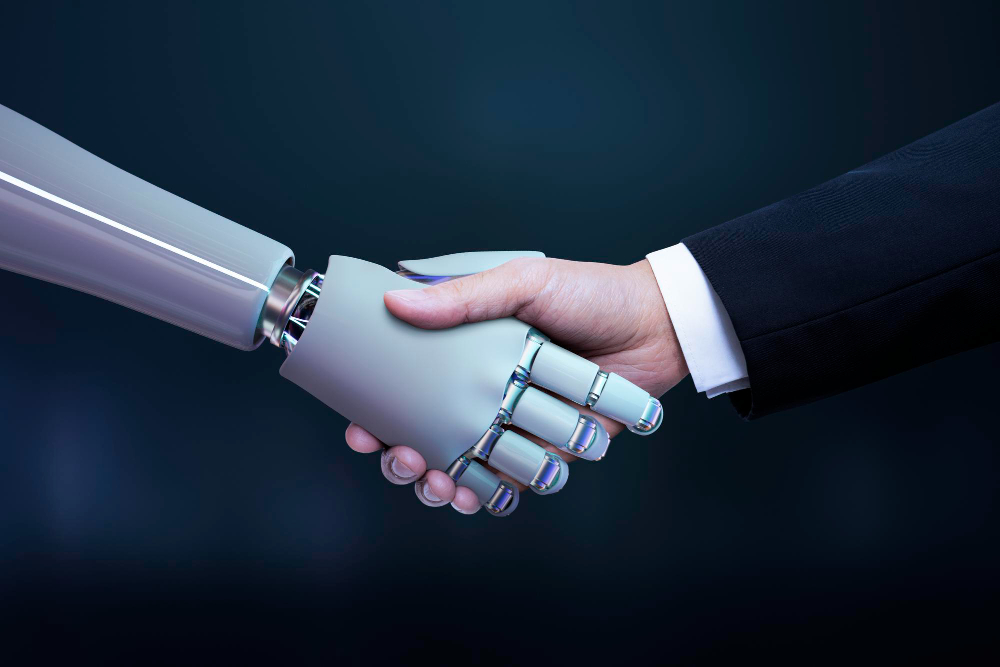The Role of AI in Digital Marketing
In today’s rapidly evolving digital environment, artificial intelligence (AI) is no longer a futuristic concept. It is a reality that is transforming various industries, including digital marketing. As businesses strive to stay competitive and relevant, AI offers innovative solutions that improve efficiency, personalization, and overall marketing effectiveness. In this blog post, we explore the critical role of AI in digital marketing and how it can transform your strategy.
1. Improved Customer Insights
One of the most valuable assets for marketers is data. AI excels at processing large amounts of data quickly and accurately, providing insights that cannot be obtained manually. AI-powered tools can analyze customer behavior, preferences, and interactions across different touchpoints, allowing marketers to understand their customers better. This data-driven approach allows for more informed decisions and the creation of targeted marketing campaigns.
2. Personalization at scale
Personalization is no longer a luxury. It is expected. Today’s consumers demand relevant, personalized experiences. AI enables marketers to deliver this personalization at scale. By analyzing customer data, AI can predict preferences and behaviors to create customized content, product recommendations, and targeted ads. This level of personalization increases customer satisfaction and loyalty, ultimately leading to higher conversion rates.
3. Improved customer service
AI-powered chatbots and virtual assistants are transforming customer service in digital marketing. These tools handle a wide range of customer inquiries in real time and provide instant answers and solutions. This not only improves customer satisfaction but also frees up human resources to focus on more complex tasks. Moreover, AI chatbots work 24/7, ensuring that customers get help whenever they need it.
4. Content Creation and Optimization
Continuously creating high-quality content is a big challenge for many marketers. AI can assist with content creation, including generating ideas, drafting articles, and creating social media posts. For example, tools like GPT-3 (developed by OpenAI) can create coherent, contextually relevant content based on given prompts. Additionally, AI can analyze content performance and suggest optimizations to increase engagement and reach.
5. Predictive Analytics
Predictive analytics is revolutionizing digital marketing. AI algorithms can analyze historical data, identify patterns and forecast future trends and behaviors. This allows marketers to anticipate customer needs, optimize marketing strategies and allocate resources more effectively. Predictive analytics can also help forecast sales, identify potential customer churn and determine the best time to launch a campaign.
6. Improve SEO and SEM
Search engine optimization (SEO) and search engine marketing (SEM) are key components of digital marketing. AI tools can analyze search patterns, keyword trends, and competitor strategies to optimize content for search engines. Additionally, AI can manage and optimize pay-per-click (PPC) campaigns to ensure your ads are seen by the most relevant audience. This increases visibility, boosts traffic, and improves conversion rates.

